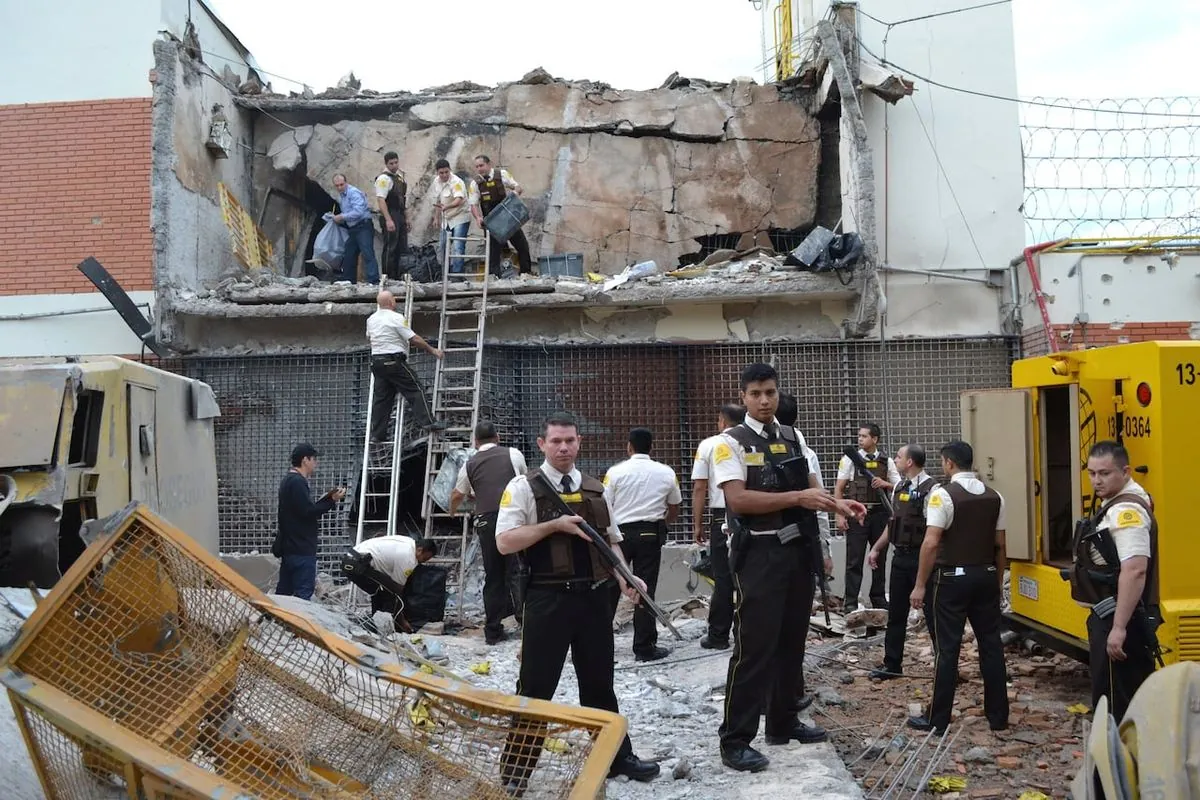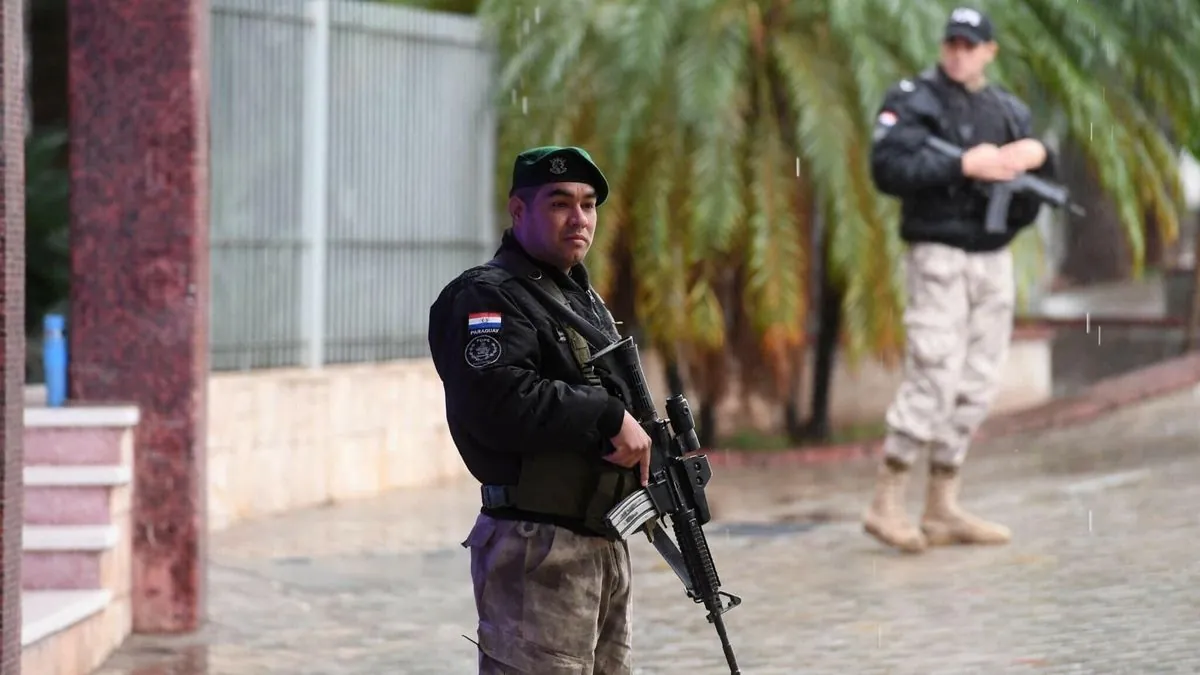Paraguayan Lawmaker Killed in Drug Raid, Exposing Political-Crime Links
A police raid targeting a Paraguayan lawmaker and his son in a drug smuggling investigation ended in a fatal shootout. The incident highlights the complex web of politics and organized crime in the country.

In a startling turn of events, Eulalio "Lalo" Gomes, a 67-year-old rancher and member of Paraguay's ruling Colorado Party, was killed during a pre-dawn police raid on August 18, 2024. The operation, which targeted both Gomes and his son Alexandre Rodrigues Gomes, 32, in the border town of Pedro Juan Caballero, has thrust Paraguay's ongoing struggle with corruption and organized crime into the spotlight.
The raid, part of a broader investigation into drug smuggling and money laundering, resulted in a chaotic shootout when law enforcement arrived at the Gomes residences. According to authorities, the elder Gomes opened fire on the police, who returned fire, resulting in his death. His son allegedly also engaged in gunfire before fleeing and later surrendering to authorities.
This incident has reignited discussions about the deep-rooted connections between political figures and criminal organizations in Paraguay. The country, which shares borders with Brazil, Bolivia, and Argentina, has long grappled with issues of corruption and illicit activities, particularly in the notorious Tri-Border Area.

The Gomes family has vehemently denied the allegations, questioning the tactics employed by the police during the raid. Their lawyer, Oscar Tuma, raised concerns about the timing and necessity of the operation, stating, "The conditions were not correct and there was no urgency for this raid to be carried out at 3 a.m. when our national deputy was sleeping with his wife."
Public Prosecutor Emiliano Rolón defended the operation, citing the need to conduct the raid when Gomes' armed bodyguards were not present. He emphasized the challenges of dealing with organized crime in the region, particularly in Amambay department, where the homicide rate is approximately ten times the national average.
This event has shed light on Paraguay's ongoing struggle with corruption. The country ranks 136th out of 180 countries on Transparency International's corruption perception index, one of the lowest in South America. This ranking reflects a long-standing issue that has plagued Paraguay's political landscape, with the Colorado Party, which has dominated politics since 1947, often at the center of controversies.
"This is not an isolated case, on the contrary, it's the continuation of many other cases linking politics to narco-trafficking and organized crime."
The incident occurs against a backdrop of increasing international pressure on Paraguay to address corruption. In 2023, the U.S. government accused former president Horacio Cartes and former vice president Hugo Velázquez of "significant corruption," imposing sanctions on their business dealings with U.S. companies. More recently, the Biden administration targeted Tabesa, a major Paraguayan cigarette producer, with sanctions for alleged payments to Cartes.
Paradoxically, this turmoil contrasts sharply with Paraguay's economic narrative. The country has been experiencing rapid economic growth, with Moody's recently upgrading its credit rating to investment grade. This development, celebrated by President Santiago Peña, a former International Monetary Fund official, highlights the complex duality of Paraguay's current situation.
As Paraguay grapples with these challenges, it must also confront its environmental issues. The country has one of the highest deforestation rates in South America, threatening its rich biodiversity, including the unique ecosystems of the Gran Chaco region. Balancing economic growth with environmental conservation and combating corruption will be crucial for Paraguay's future development.
The events in Pedro Juan Caballero serve as a stark reminder of the deep-seated issues facing Paraguay. As the investigation unfolds, all eyes will be on the country's political and judicial systems, testing their resolve to address the intricate web of politics, business, and organized crime that has long influenced the nation's trajectory.


































